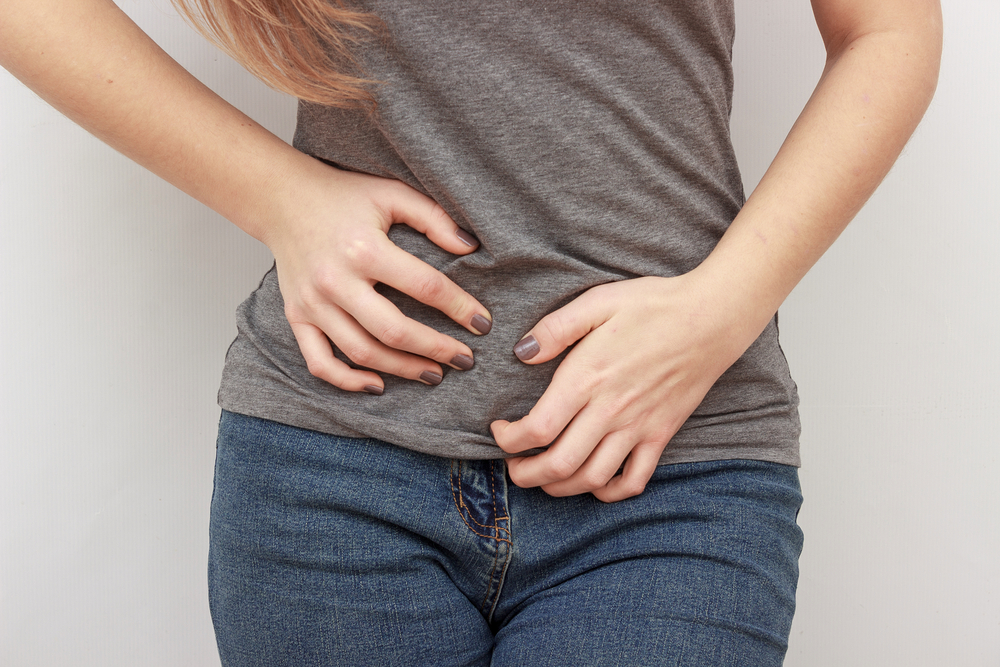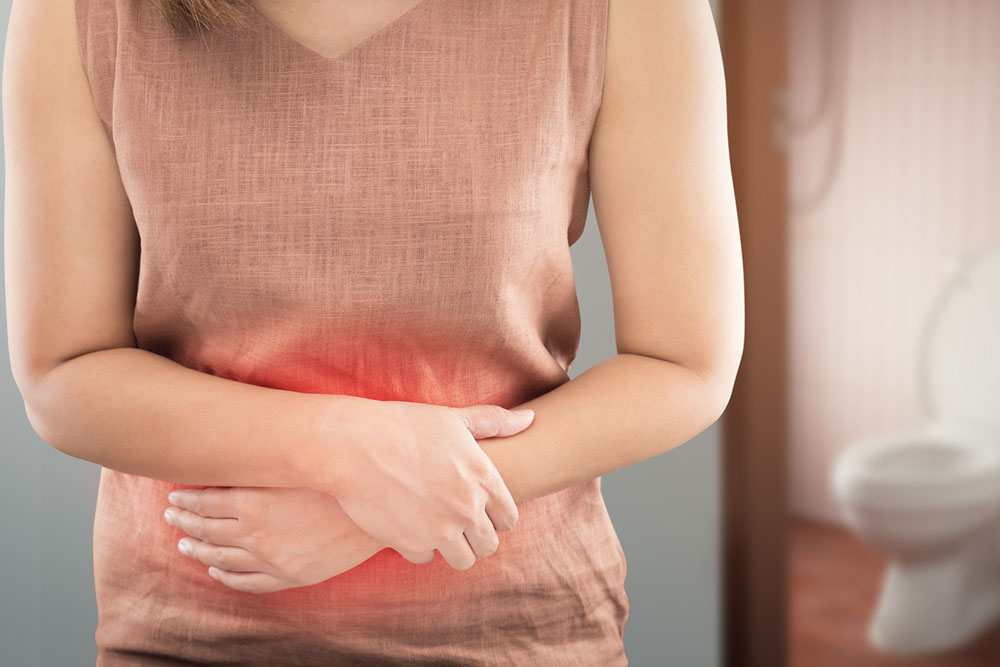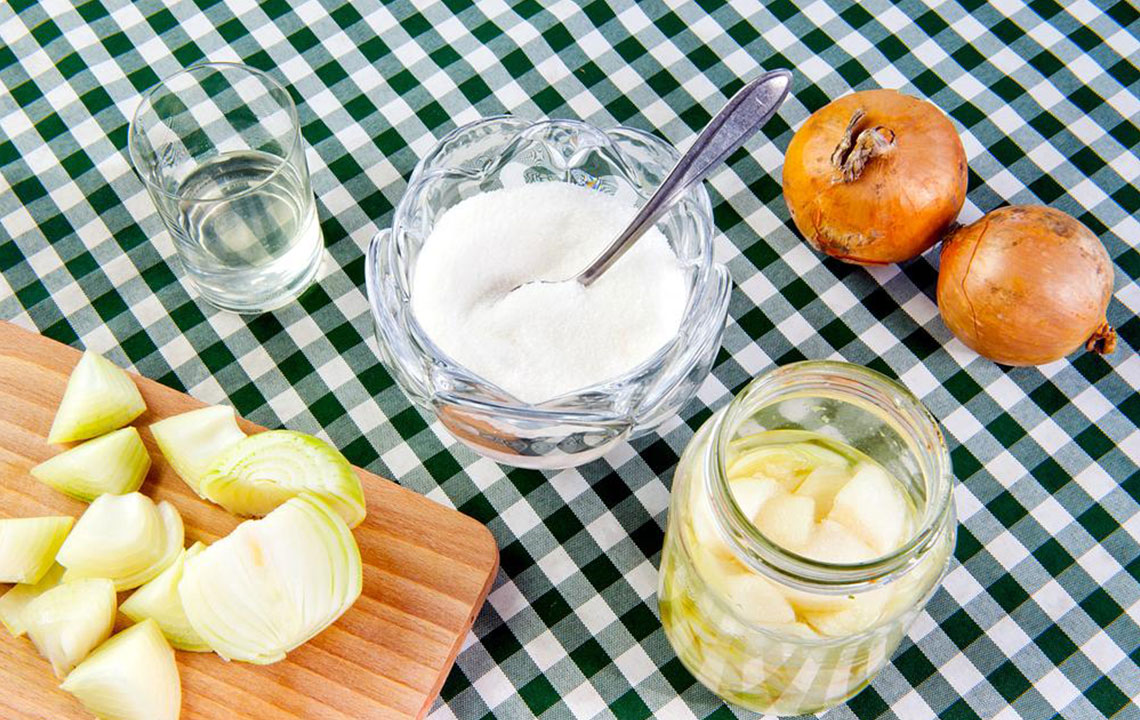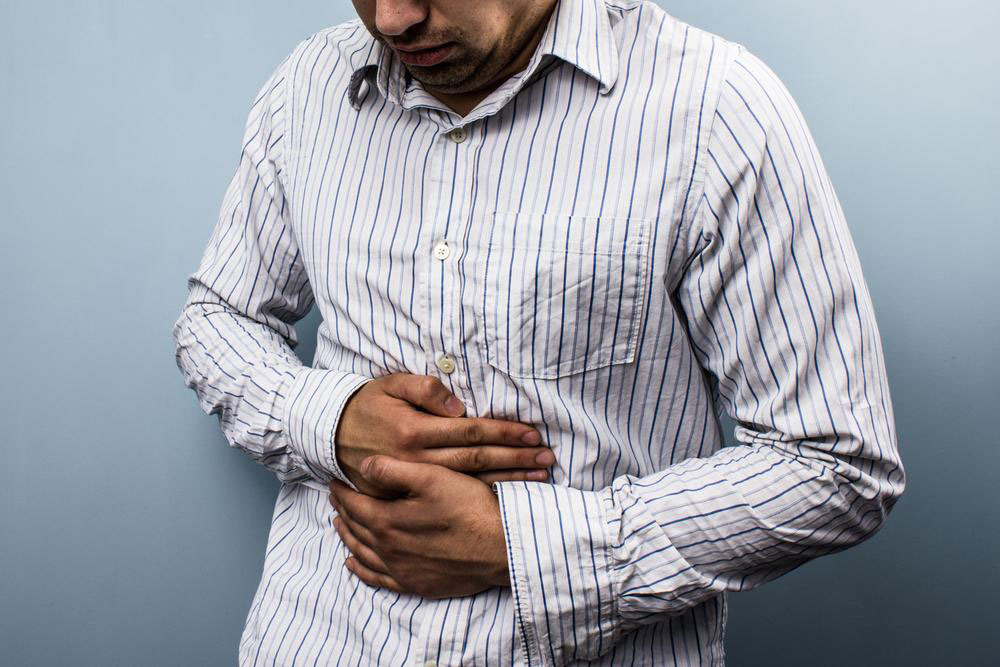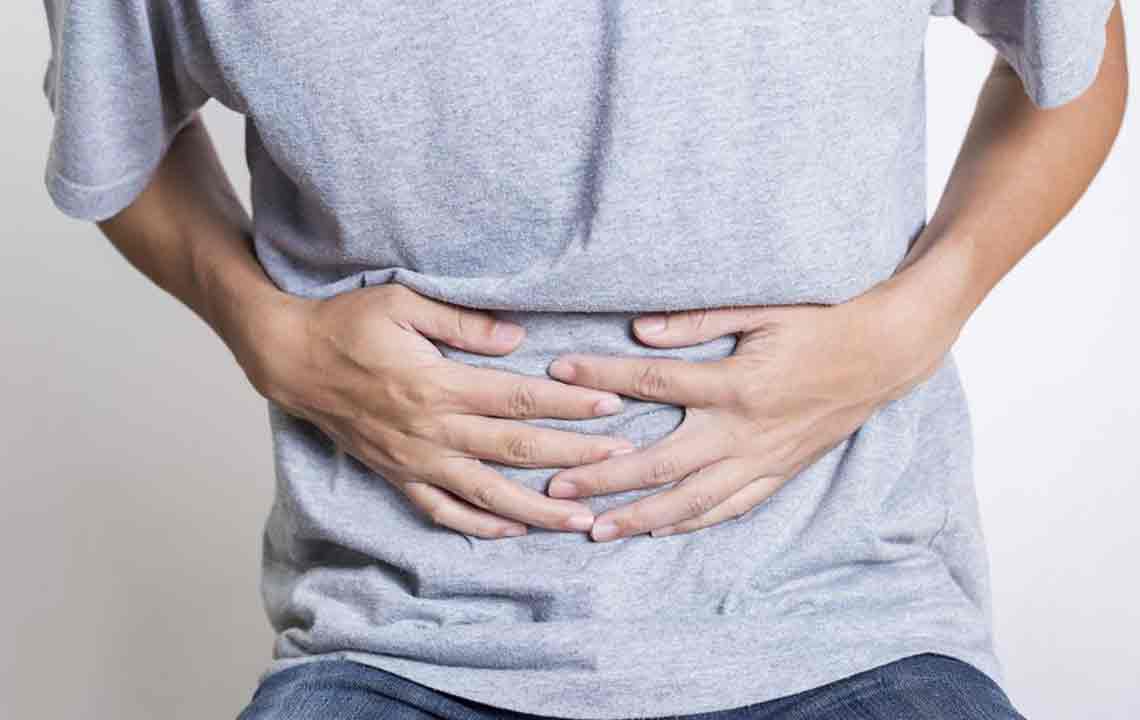Comprehensive Guide to Managing and Treating Diarrhea
This comprehensive guide explains the causes, symptoms, and effective treatments for diarrhea. It covers home remedies, dietary changes, and when to seek medical help, empowering readers to manage this common condition confidently and prevent complications.

Understanding and Addressing Diarrhea Effectively
Diarrhea, characterized by frequent and loose bowel movements, can leave you feeling weak and uncomfortable. It's a common issue that often lasts a few days but can extend up to a week in certain cases, indicating serious conditions like infections or inflammatory bowel diseases. Sometimes, prolonged diarrhea may also point to irritable bowel syndrome. Understanding the causes and treatment options is essential for effective management and relief.
Common Causes of Diarrhea
Many wonder why they experience diarrhea. Misconceptions persist, such as attributing it solely to spicy foods. In reality, causes are varied: viral or bacterial infections, parasitic invasions, high-dose antibiotic use, or lactose/fructose intolerance. Recognizing the root cause is crucial for effective treatment.
Diarrhea can often be managed with home remedies, but persistent or severe cases require medical attention. Here's a breakdown of core treatment strategies:
Basic Treatment Approaches
Hydration Restoration
Maintaining fluid levels is vital. Drinking water, electrolyte-rich drinks, or IV fluids may be recommended. Avoid certain fruit juices like apple juice, which can worsen symptoms. For infants, breastfeeding or pediatric hydration solutions are beneficial.
Medication Adjustments
If antibiotics cause diarrhea, doctors may reduce the dose or change medication. For viral causes, antibiotics are ineffective, and supportive care is preferred.
Addressing Serious Conditions
Conditions such as inflammatory bowel disease may require specialist intervention from a gastroenterologist for tailored treatment.
Home remedies and lifestyle modifications can also help alleviate symptoms:
Stay Hydrated
Regular fluid intake is critical. For adults, water, sports drinks, or electrolyte solutions work well; infants should continue breastfeeding or receive pediatric hydration solutions.
Probiotics Intake
Consuming probiotic-rich foods like yogurt, cheese, or fermented products helps restore healthy gut bacteria, reducing diarrhea episodes.
Over-the-Counter Medications
Mild antidiarrheal medicines such as bismuth sub-salicylate (Pepto-Bismol) or loperamide (Imodium) can offer relief.
Dietary Adjustments
Consuming gentle foods like bananas, rice, toast, oatmeal, baked potatoes, and lean proteins can soothe the gut. Avoid triggers such as dairy, caffeine, alcohol, beans, cruciferous vegetables, and artificial sweeteners to prevent worsening symptoms.
Sticking to these guidelines can help prevent complications and reduce the need for hospital visits. Always consult a healthcare professional for persistent or severe diarrhea.

